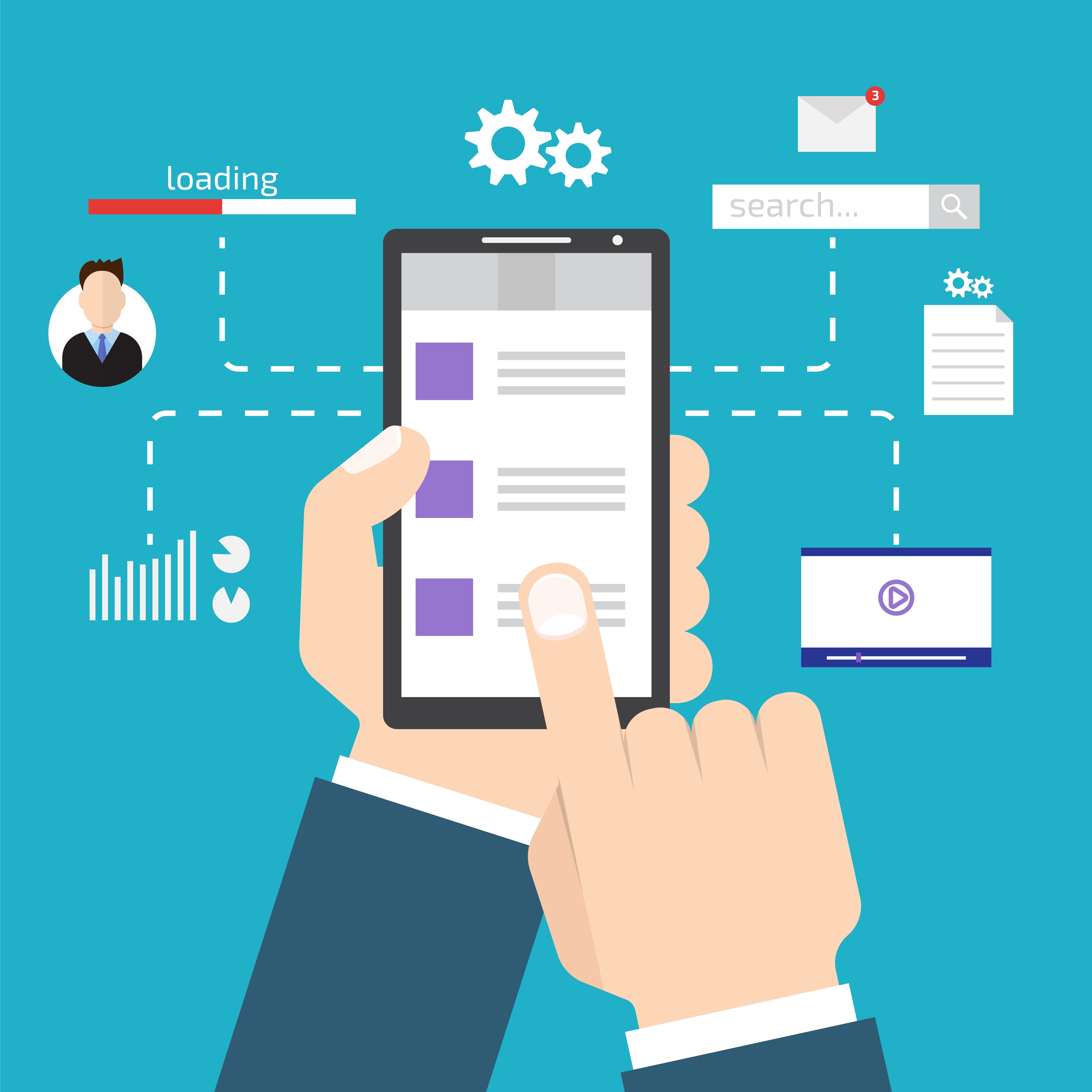Imagine, you are working with an enthusiastic team to make your product skyrocket. Each iteration you are adding a few features and information to complete your product. But suddenly, you notice a drop in conversion rates. Your customers are raising a bunch of support questions, are not converting anymore and give you poor usability grades. You are left confused. Although you gave your customers more tools and information to fulfill their tasks, their performance declines. Indeed, you are diagnosed with featuritis.
Usability testing: the way to go!
By Joris Hias on 23 November 2017
Today, we will focus on the basics of User Experience. We start at the beginning, a technique at the core of User Centered design & User Experience design: Usability Testing.
According to Wikipedia, Usability testing is a technique used in user-centered interaction design to evaluate a product by testing it on users. It's a very important usability practice, since it gives you direct input on how real users use your system. It allows you to discover bottlenecks in your design you overlooked yourself, and hands you specific guidelines to improve your system instantly. This blogpost will show you that usability testing isn't something new: people have been testing their products on their users for quite some time. In addition, we will demonstrate how to conduct such a usability test in practice.
Continue Reading
According to Wikipedia, Usability testing is a technique used in user-centered interaction design to evaluate a product by testing it on users. It's a very important usability practice, since it gives you direct input on how real users use your system. It allows you to discover bottlenecks in your design you overlooked yourself, and hands you specific guidelines to improve your system instantly. This blogpost will show you that usability testing isn't something new: people have been testing their products on their users for quite some time. In addition, we will demonstrate how to conduct such a usability test in practice.




